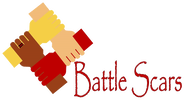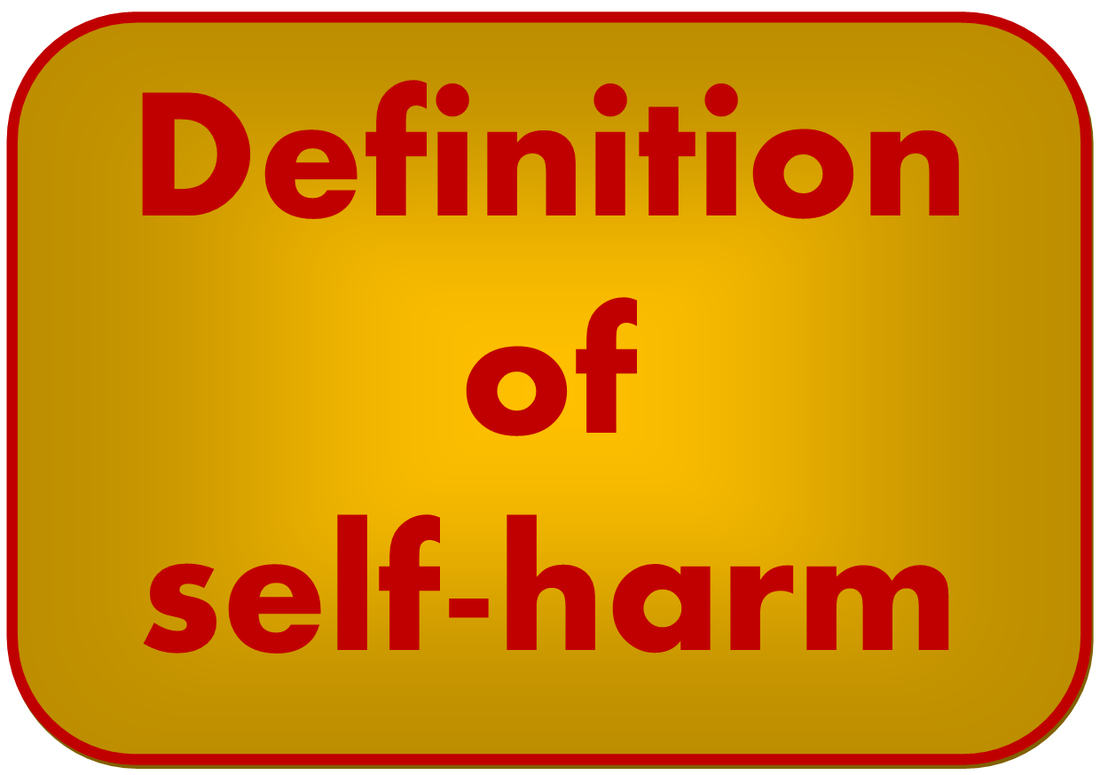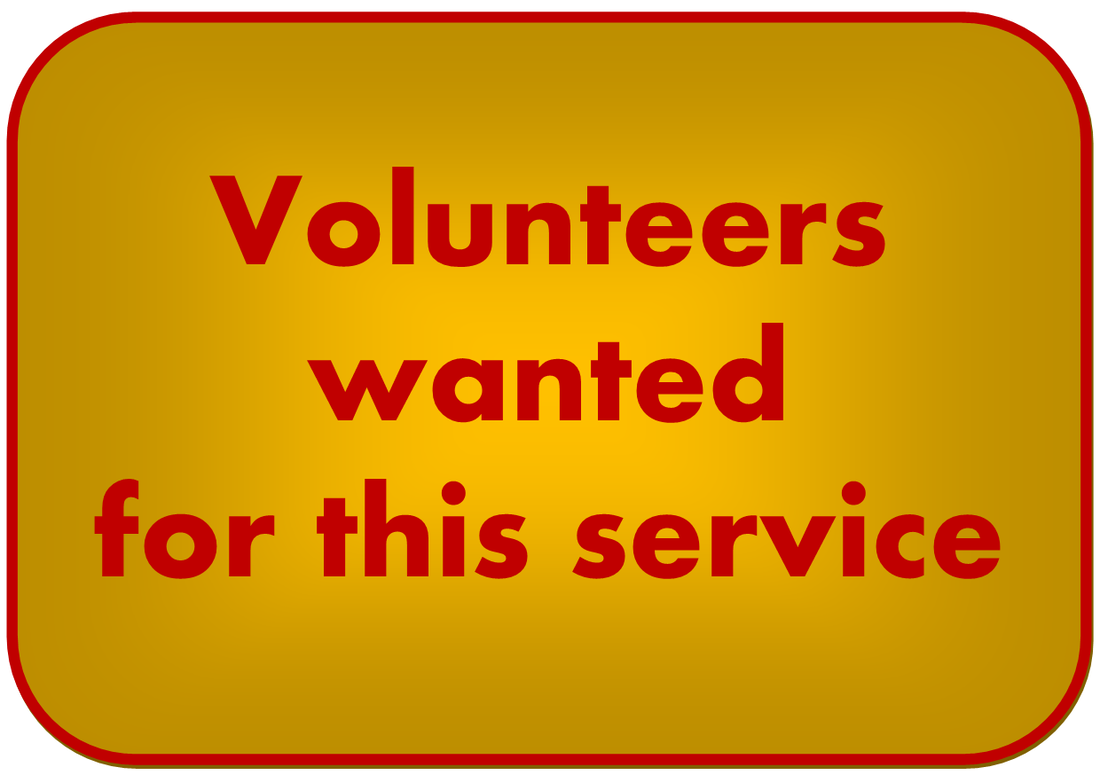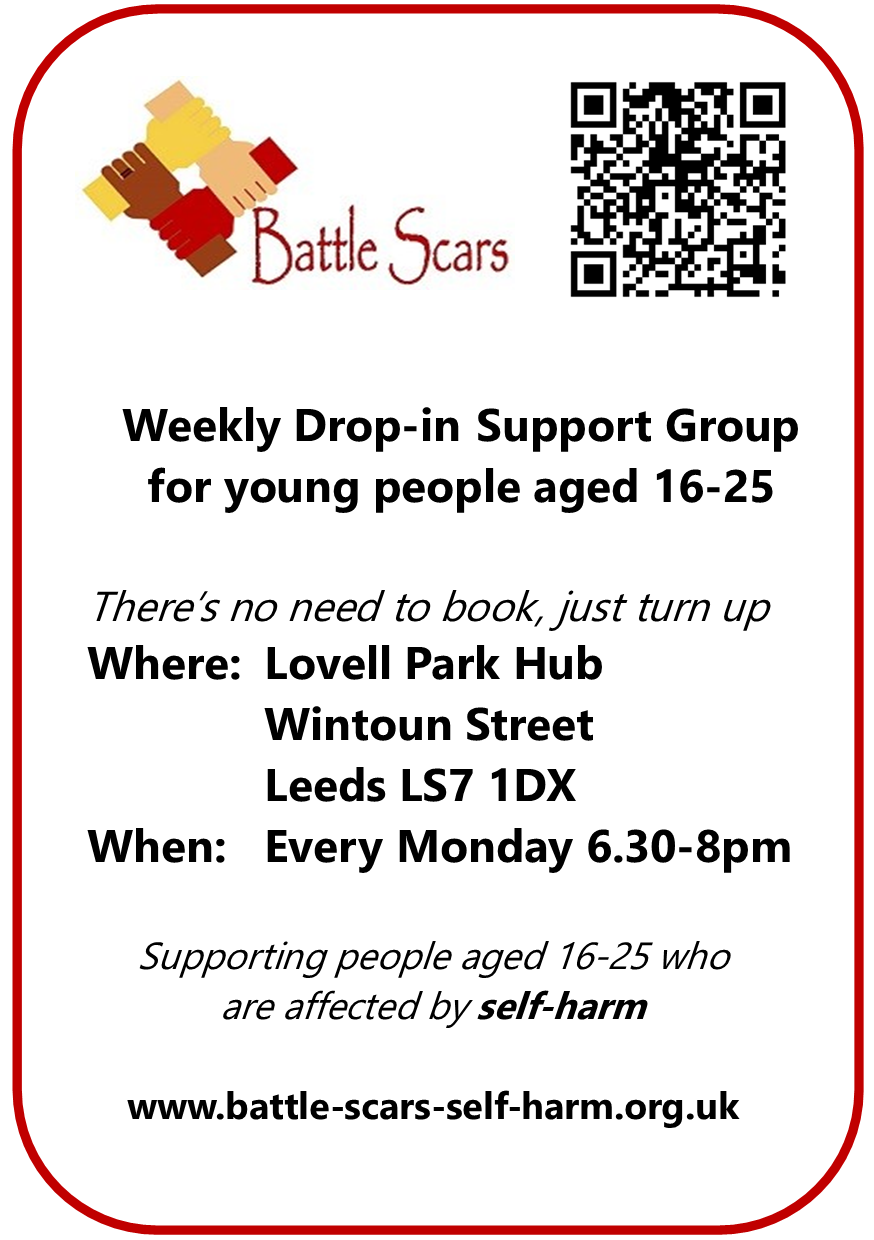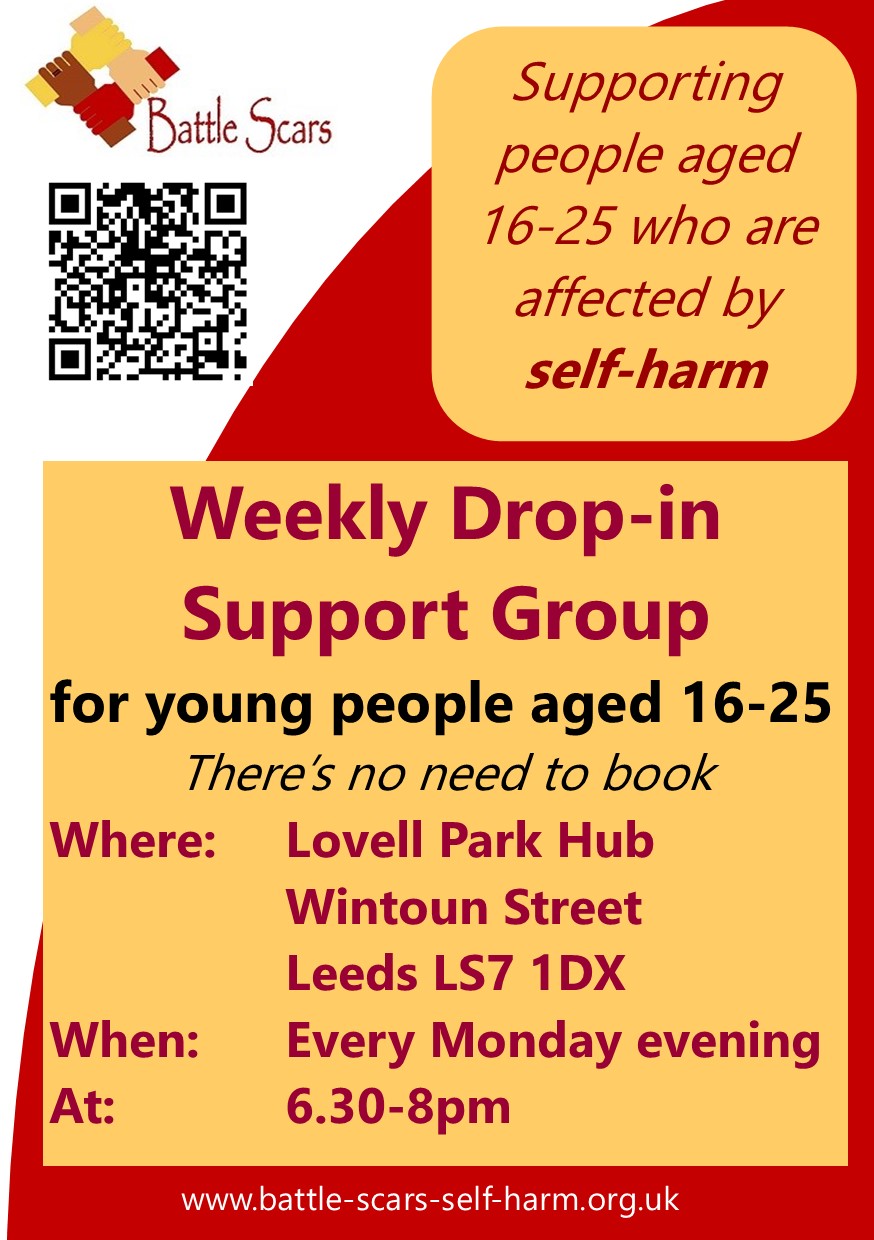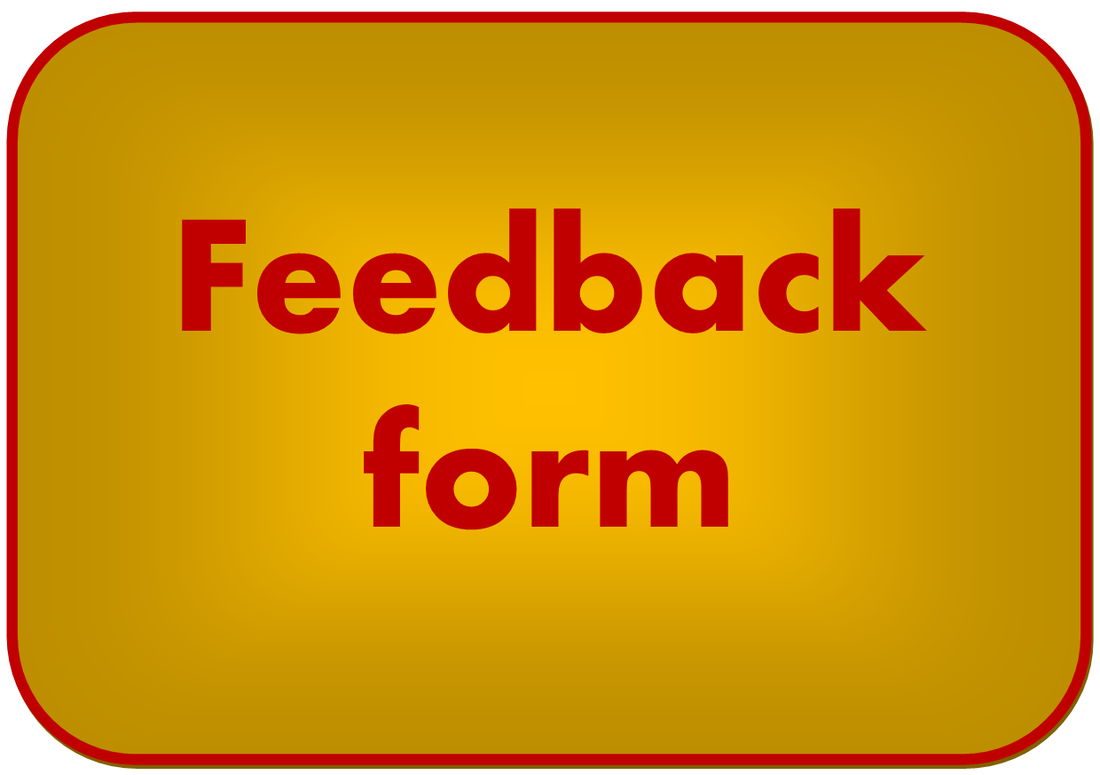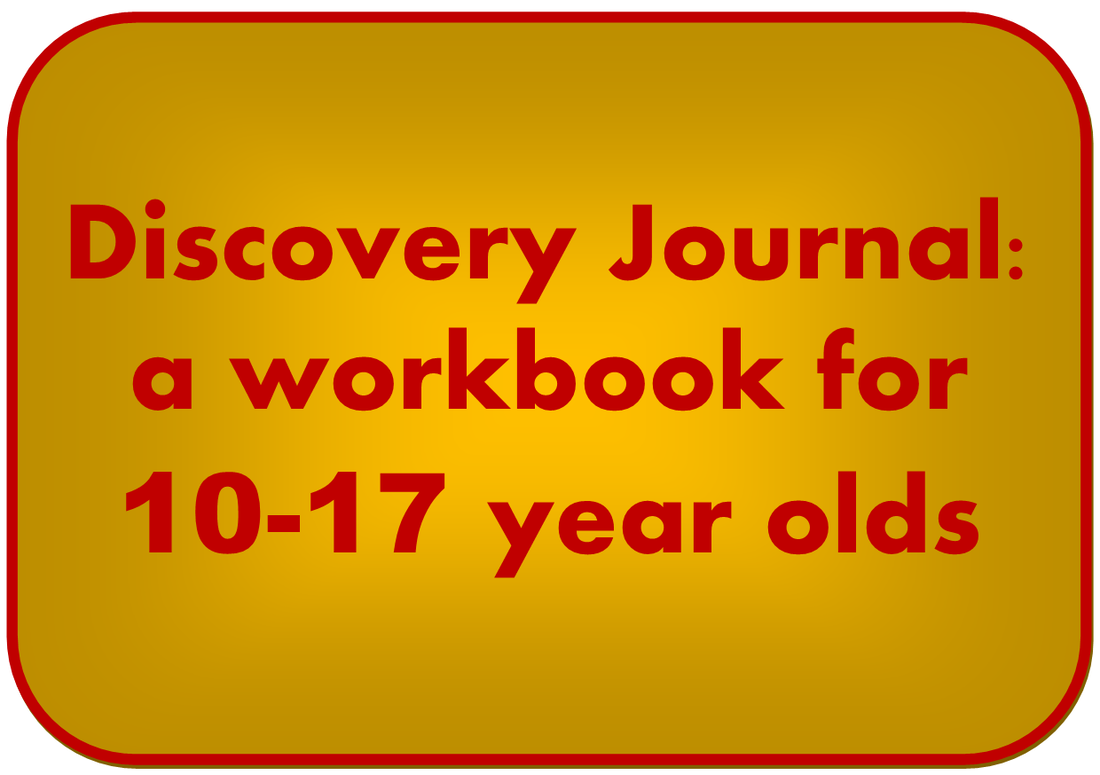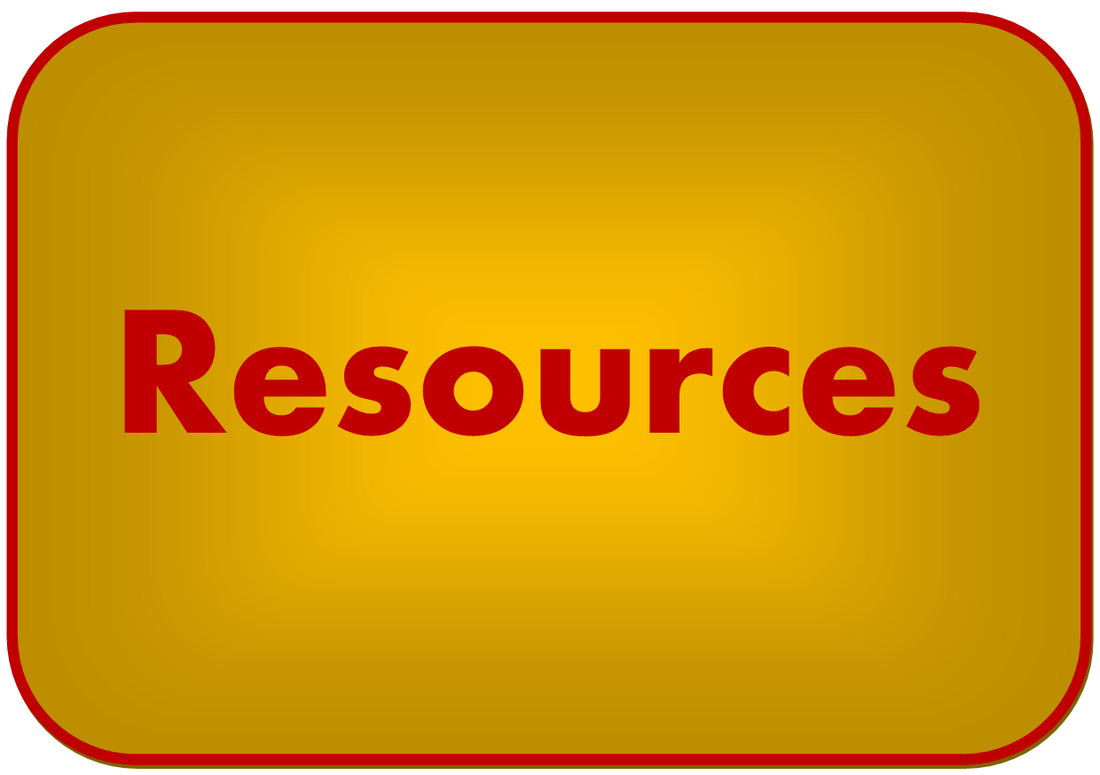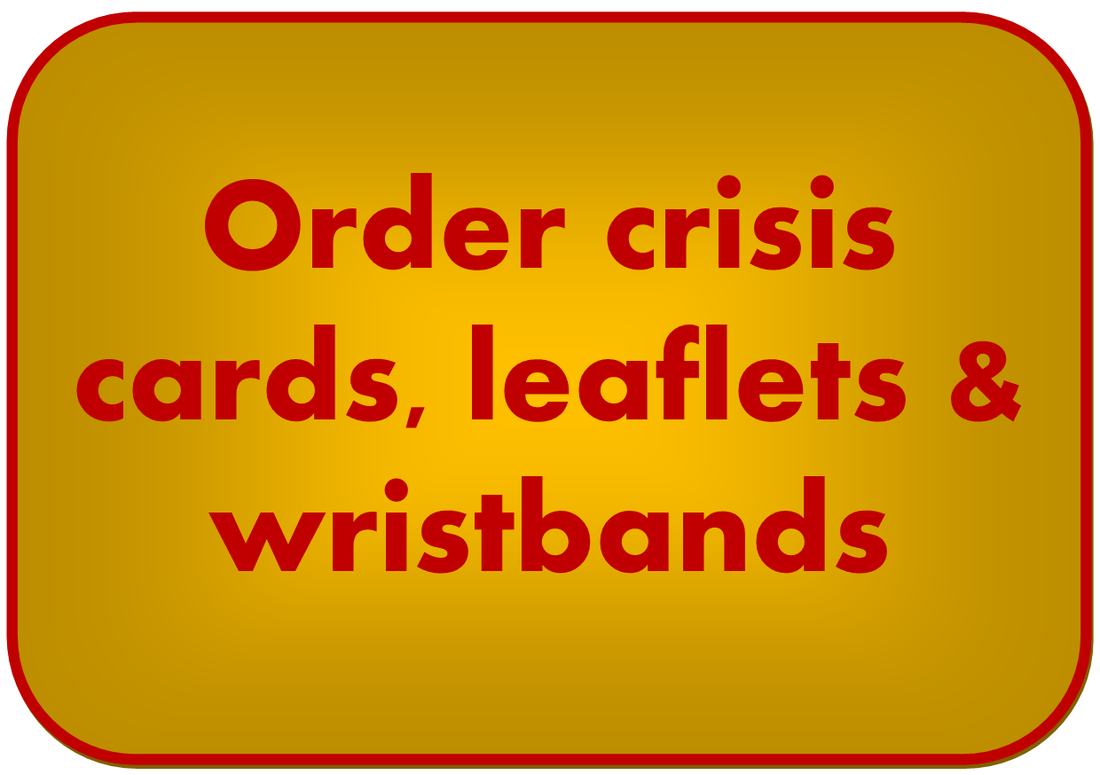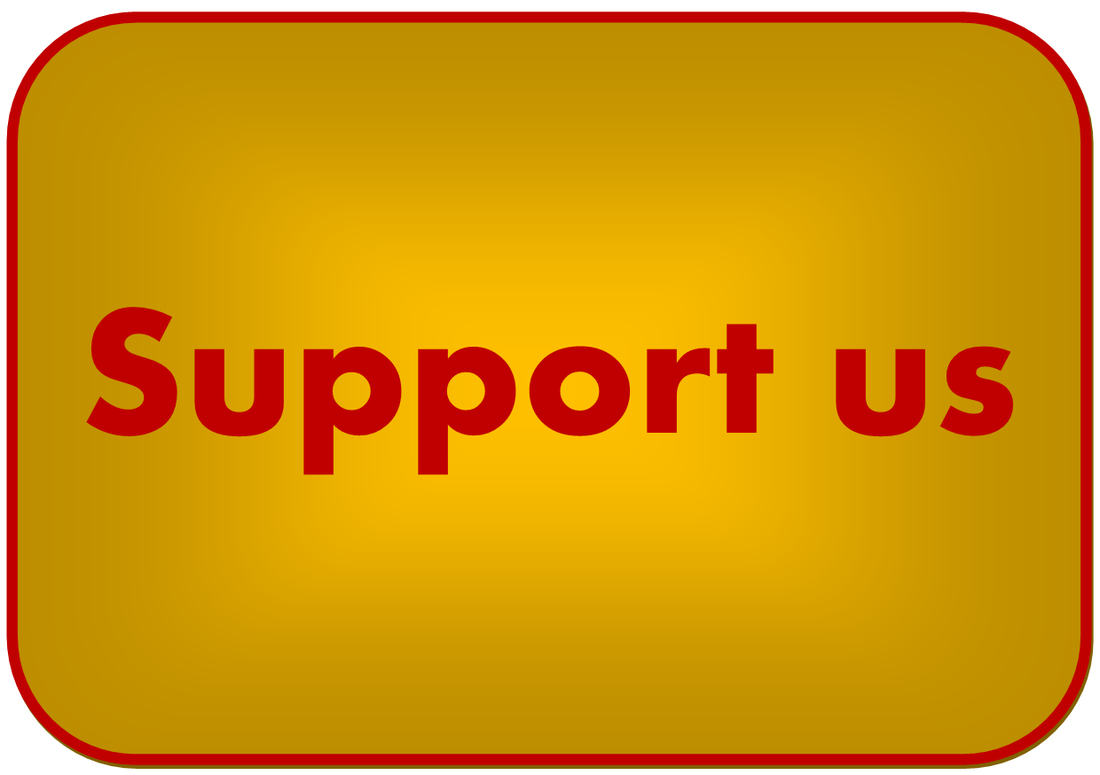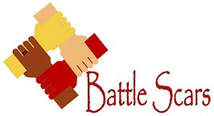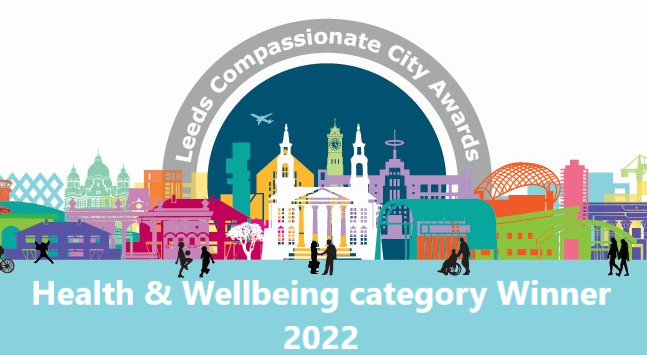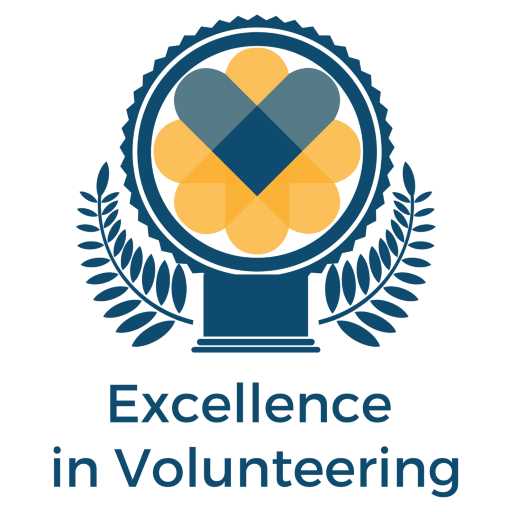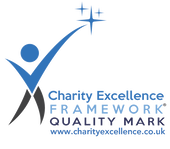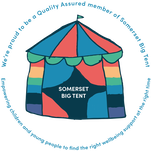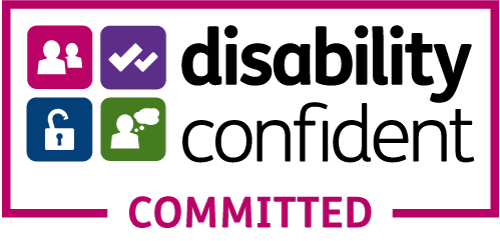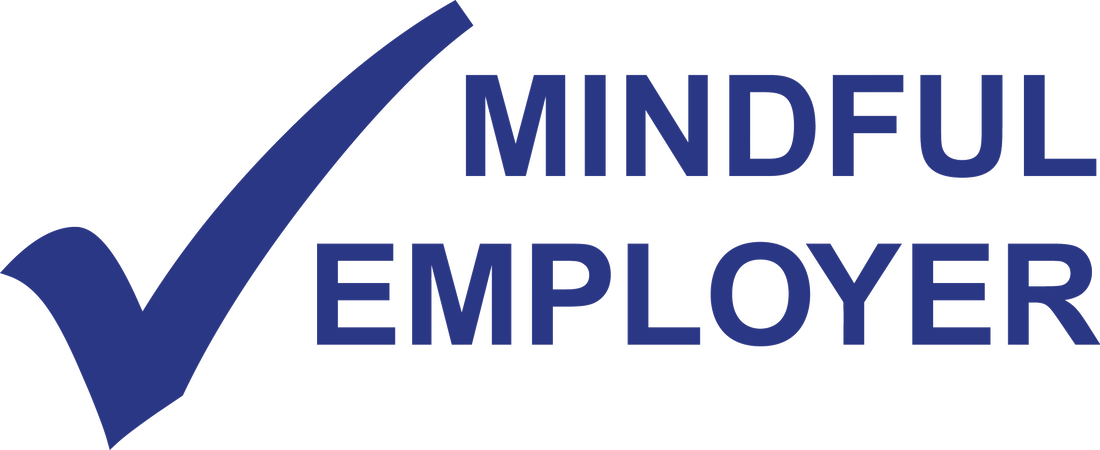|
|
Face-to-face group for 16-25 year-olds (Leeds)
You do not have to be a Leeds resident to access our face-to-face groups -
if you can get to them, you can attend them!
|
|
"It's good to feel accepted" Please watch, download and share this video promoting our 16-25s group.
You can also watch it on YouTube. Content warning: even though there is no graphic content in this video, some viewers may find it upsetting |
|
When:
Weekly on Monday evenings, 6:30-8pm (all-year-round except Bank Holidays) Where: Lovell Park Hub, Wintoun Street, Leeds LS7 1DX (within easy walking distance from the city centre). You are welcome to bring a friend, family member or professional for support. Meet & greet by a facilitator: 6:20-6:30 Fully accessible venue with parking (please ask one of the facilitators for a permit) |
"Thank you for creating a safe space for us" |
What happens at the group
When you arrive at the group you will be welcomed, and asked to sign in. You will then be shown through to the room we meet in. We sit around a big table and we have fidget toys, colouring, crafts and other bits and pieces out on the table. Lots of us find it easier to chat if we have something to do with our hands.
The group is a drop in session (you don’t have to book) so we never know exactly how many people will be there, but we usually get 5-8 people at each session. Some people come every week but others just come now and again.
If it’s your first time we will ask you to make yourself a name card – we all have these out on the table to everyone knows each other’s names, and it gives you a chance to specify your pronouns if you want to. We keep the name cards afterwards, so if you come back another week, your name card will be waiting for you.
The group has one paid facilitator and a group of volunteers (the volunteers are all in their 20s) and we take it turns to lead different bits of the sessions.
We start off with one of the volunteers reading the group agreement, which sets out how we will treat each other in the group and with the Battle Scars definition of self-harm. We then have an icebreaker, which is light hearted and often a bit silly.
Sometimes we do activity sheets, or we talk about a topic with the help of a flip chart. These are conversation starters, but we don’t mind if people go off topic if there’s something they need to talk about. You do not have to share how you self-harm or why you started or anything you don't wish to share.
About half way through we have a break, but anyone can take a break at any point if they need one. We have the whole building to ourselves, so there are other spaces we can use if people want some time out. We have space outside in the back garden too. The break time is a good chance to have a quick 1-2-1 session with one of the facilitators if people want to.
At the end of the session, people are welcome to take a picture of the flip chart or to keep the worksheets. We finish with the second part of the icebreaker and often end with a smile. You are welcome to take home any of the colouring/crafts you’ve done.
The group is a drop in session (you don’t have to book) so we never know exactly how many people will be there, but we usually get 5-8 people at each session. Some people come every week but others just come now and again.
If it’s your first time we will ask you to make yourself a name card – we all have these out on the table to everyone knows each other’s names, and it gives you a chance to specify your pronouns if you want to. We keep the name cards afterwards, so if you come back another week, your name card will be waiting for you.
The group has one paid facilitator and a group of volunteers (the volunteers are all in their 20s) and we take it turns to lead different bits of the sessions.
We start off with one of the volunteers reading the group agreement, which sets out how we will treat each other in the group and with the Battle Scars definition of self-harm. We then have an icebreaker, which is light hearted and often a bit silly.
Sometimes we do activity sheets, or we talk about a topic with the help of a flip chart. These are conversation starters, but we don’t mind if people go off topic if there’s something they need to talk about. You do not have to share how you self-harm or why you started or anything you don't wish to share.
About half way through we have a break, but anyone can take a break at any point if they need one. We have the whole building to ourselves, so there are other spaces we can use if people want some time out. We have space outside in the back garden too. The break time is a good chance to have a quick 1-2-1 session with one of the facilitators if people want to.
At the end of the session, people are welcome to take a picture of the flip chart or to keep the worksheets. We finish with the second part of the icebreaker and often end with a smile. You are welcome to take home any of the colouring/crafts you’ve done.
|
"I was afraid it would be like an AA meeting but was nothing like it! Much more relaxed" |
"I've never been able to talk 'in public' about my self-harm before" |
